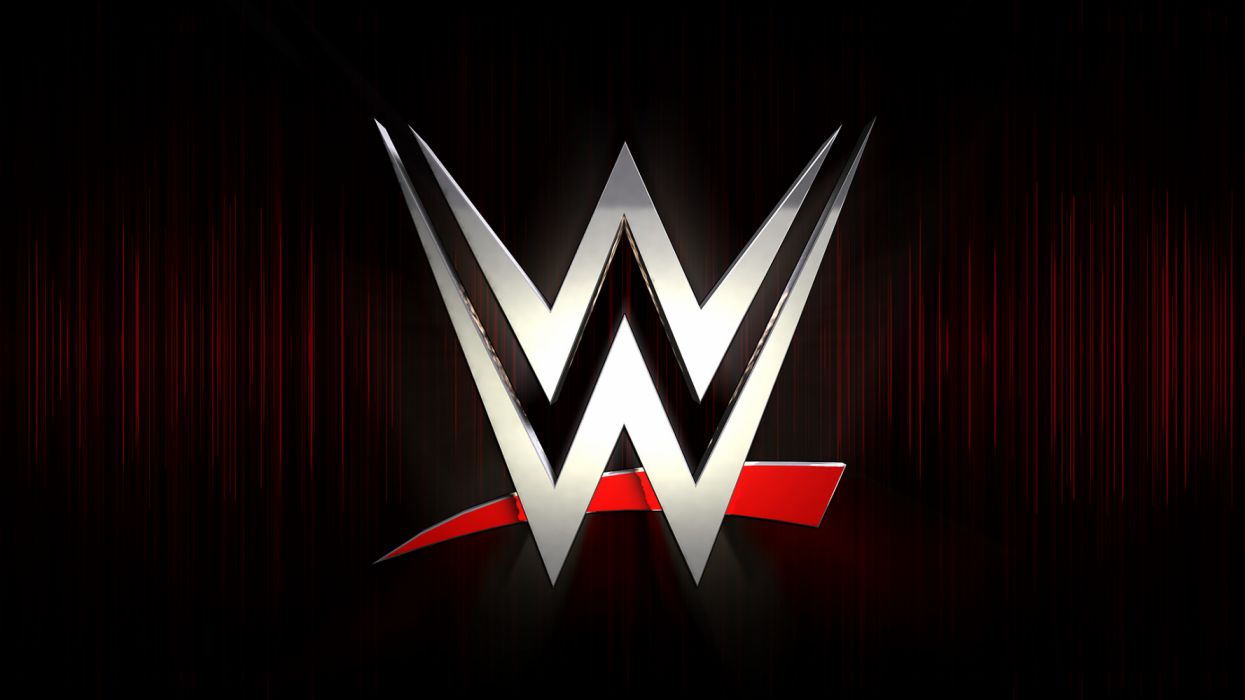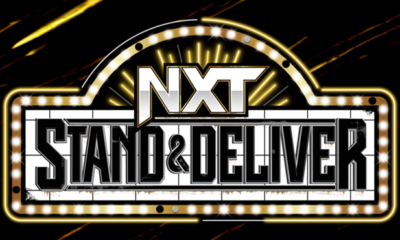WWE News
What Makes a ‘Generational Talent’ in Wrestling? WWE Legends Weigh In
More in WWE News
-


Drew McIntyre Shrugs Off SmackDown Loss, Sets Focus on Elimination Chamber
🔊 Play One Big Thing Drew McIntyre remains unfazed after his surprise loss to...
-


The Rock’s SmackDown Return Pulls Drew McIntyre Back Into The Bloodline Vortex
🔊 Play One Big Thing Drew McIntyre acknowledged his ongoing entanglement with The Bloodline...
-


WWE Brings Road Dogg Back to Lead SmackDown Creative Amid Growing Demands
🔊 Play One Big Thing WWE moved Brian “Road Dogg” James back into SmackDown’s...
-


NXT Stand & Deliver 2025: Start Time Update and Schedule Conflict with WrestleMania 41
🔊 Play One Big Thing WWE faces scheduling challenges for NXT Stand & Deliver...













